Europa/España/Abril 2016/Fuente:20Minutos /Autor: EUROPA PRESS.
El pleno del Consell aprobará este viernes la Oferta Pública de Empleo (OPE) para educación con 1.610 plazas -1.150 libres y 460 de promoción interna- y, asimismo, el 5 de mayo se dará luz verde al concurso de traslados que «va a permitir que más de 2.000 profesores que estaban en expectativa de destino desde hacer nueve años tengan una plaza definitiva».
Así lo ha explicado el presidente de la Generalitat, Ximo Puig, en la sesión de control del pleno de las Corts tras la pregunta formulada por el portavoz de Ciudadanos (C’s), Alexis Marí, sobre qué medidas ha puesto en marcha el Consell para mejorar la calidad de la educación en la Comunitat Valenciana.
El jefe del Consell ha señalado que «la mejora de la calidad de educación requiere de una acción concertada de toda la sociedad» y ha destacado que «el objetivo es una comunidad educadora bajo siete ejes». En concreto, disponer de unas infraestructuras mínimas, una política de becas y ayudas «para que ningún alumno deje de estudiar por motivos económicos», reducir el número de alumnos por aula, ampliar la oferta educativa, más profesorado y plantillas más estables, un nuevo proceso de admisión del alumnado y planes para la mejora de la calidad educativa.
Por su parte, Alexis Marí ha criticado que el decreto que regula la admisión en centros docentes supone «un claro ataque a la educación concertada», de modo que «se priva a los padres a tener libertad de elección de centro» y, al mismo tiempo, «se deja en el aire puestos de trabajo de profesores de la concertada». El diputado de C’s ha recordado que el artículo 27 de la Constitución «recoge el derecho a la educación y a la libre elección», y al respecto, ha subrayado que la Conselleria «tiene que garantizar el cumplimiento de este artículo y, por tanto, la supervivencia de los centros concertados».
«Hay más de 200.000 alumnos estudiando en colegios concertados, déjeles existir», ha manifestado. Marí, quien considera que «la educación se ha utilizado para implantar un modelo ideológico», ha advertido a Puig de que «para el adoctrinamiento y el ataque a la escuela concertada nos va a tener muy enfrente». «Si la colaboración público -privada funciona, aprovéchele; no es un diablillo con cuernos y que tira azufre», ha subrayado.
También ha destacado que «Puig no sabe gestionar» y ha instado al conseller de Educación, Vicent Marzà, a no decirle «dónde, ni cómo, ni en qué único idioma tiene que estudiar mi hija. Déjele elegir a ella aunque no sea nacionalista ni independentista», ha subrayado. PACTO AUTONÓMICO POR LA EDUCACIÓN El diputado de C’s ha criticado que el plan del Consell para acabar con los barracones «se ha quedado en agua de borrajas» y, por otra parte, ha defendido la necesidad de «impulsar un pacto autonómico por la educación», que permita que «los jóvenes valencianos concluyan su etapa escolar dominando valenciano, castellano e inglés».
«Le garantizo que con este Gobierno usted tendrá derecho a elegir la educación de su hija, algo que no tenían muchas familias con el Gobierno anterior», le ha respondido Puig, quien ha subrayado que tanto la concertada como la pública son «oferta pública», por lo que se organiza «de acuerdo con el interés general y cumpliendo las normas». «La concertada que cumpla las normas no tendrá problemas con este Gobierno», ha subrayado.
Ximo Puig también ha resaltado que «la escuela pública no adoctrina», y ha asegurado que «la educación para este Gobierno no es un negocio; es mucho más importante que una actividad mercantil». PLAN DE INFRAESTRUCTURAS EDUCATIVAS Asimismo, se ha referido al plan de infraestructuras educativas, que prevé la construcción de 124 centros, la eliminación de barracones en 116 y actuaciones de mejora en 700 centros públicos, pero ha indicado que hacer todo esto esta legislatura «es imposible desde el punto de vista económico». Puig también ha hecho referencia a otras actuaciones puestas en marcha por su Gobierno como la apertura de los comedores escolares en junio y septiembre, el programa de ayudas Xarxa Llibres o la reducción del número de alumnos en las aulas en todas las etapas educativas.
En cuanto a educación infantil, ha señalado que mientras que en 20 años crearon 125 plazas, en solo unos meses han creado 630. También ha asegurado que se ha incrementado el bono infantil y que hay 3.000 nuevas plazas para Formación Profesional.
Fuente de noticia: http://www.20minutos.es/noticia/2733603/0/consell-aprobar-este-viernes-ope-para-educacion-1-610-plazas-proxima-semana-concurso-traslados/#xtor=AD-15&xts=467263
Fuente de imagen:http://cdn.20m.es/img2/recortes/2016/04/28/273624-620-282.jpg?v=20160428124331
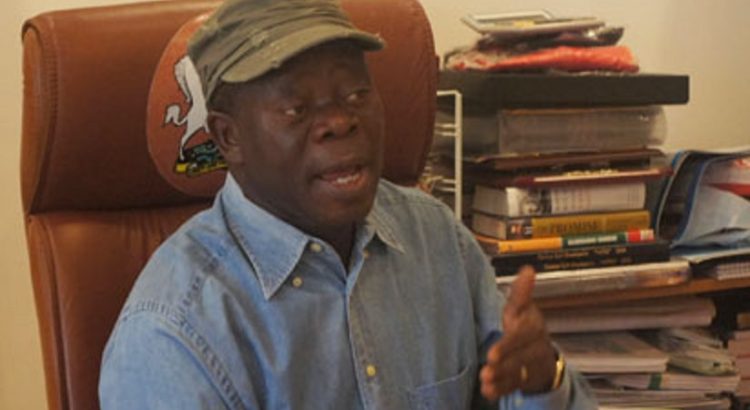
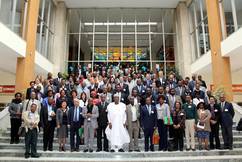
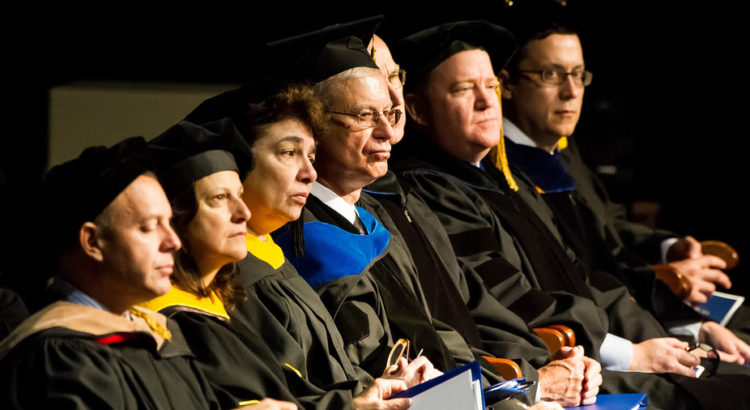

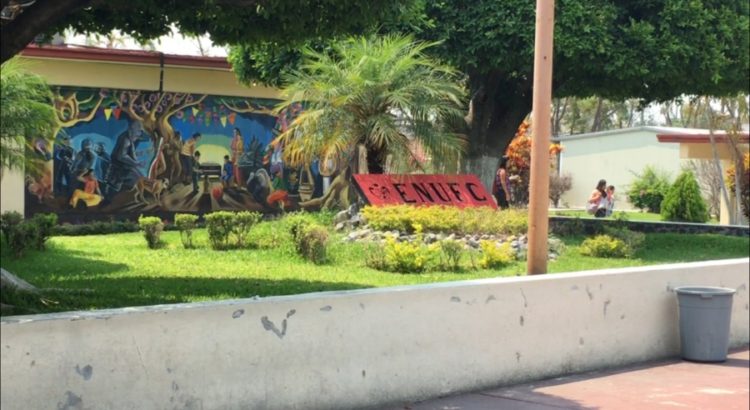
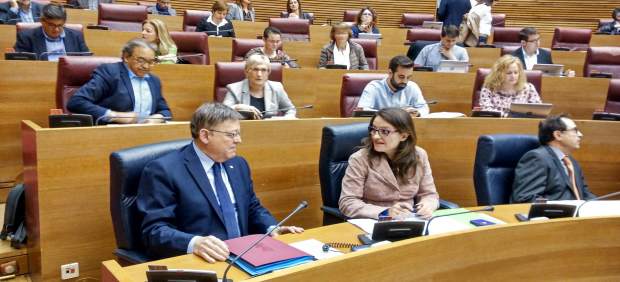
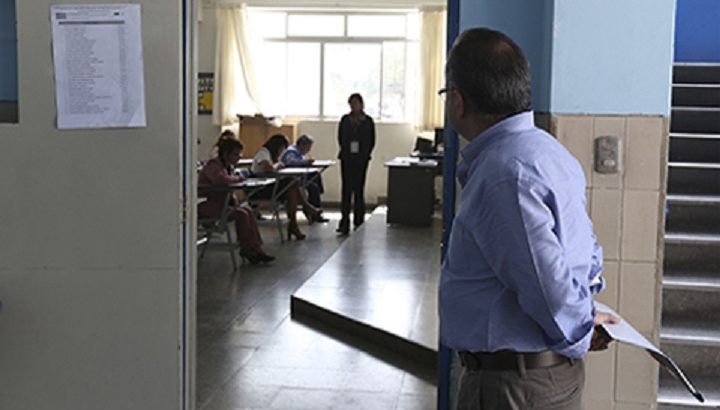





 Users Today : 198
Users Today : 198 Total Users : 35459793
Total Users : 35459793 Views Today : 359
Views Today : 359 Total views : 3418331
Total views : 3418331